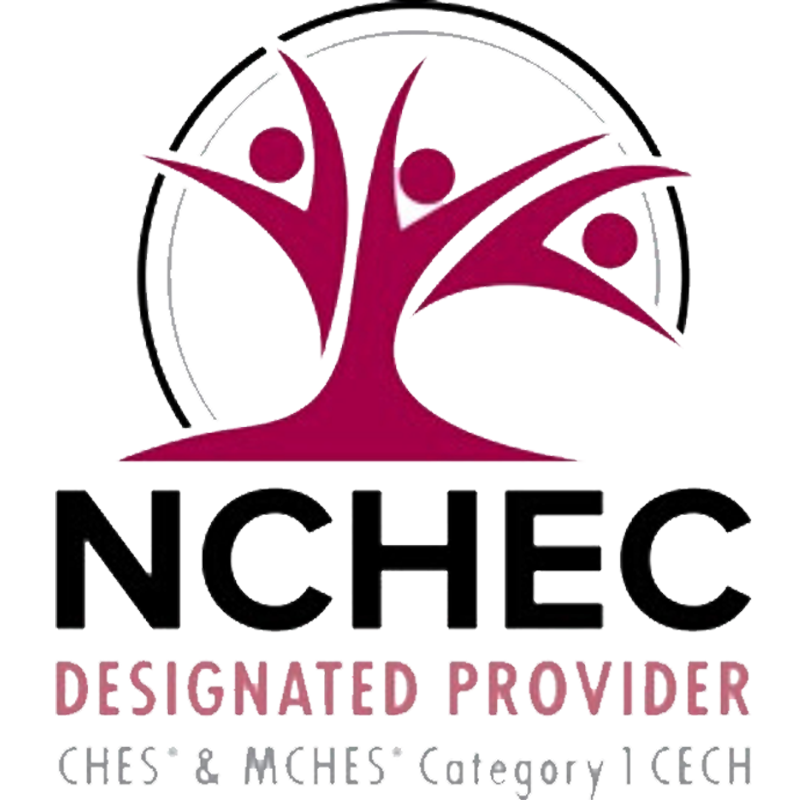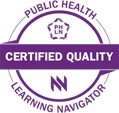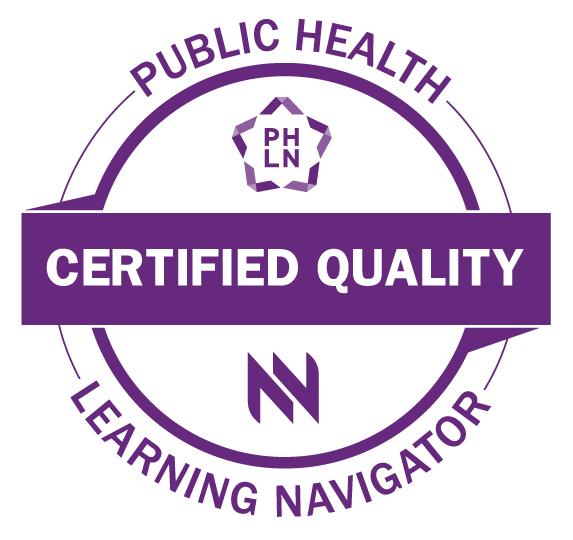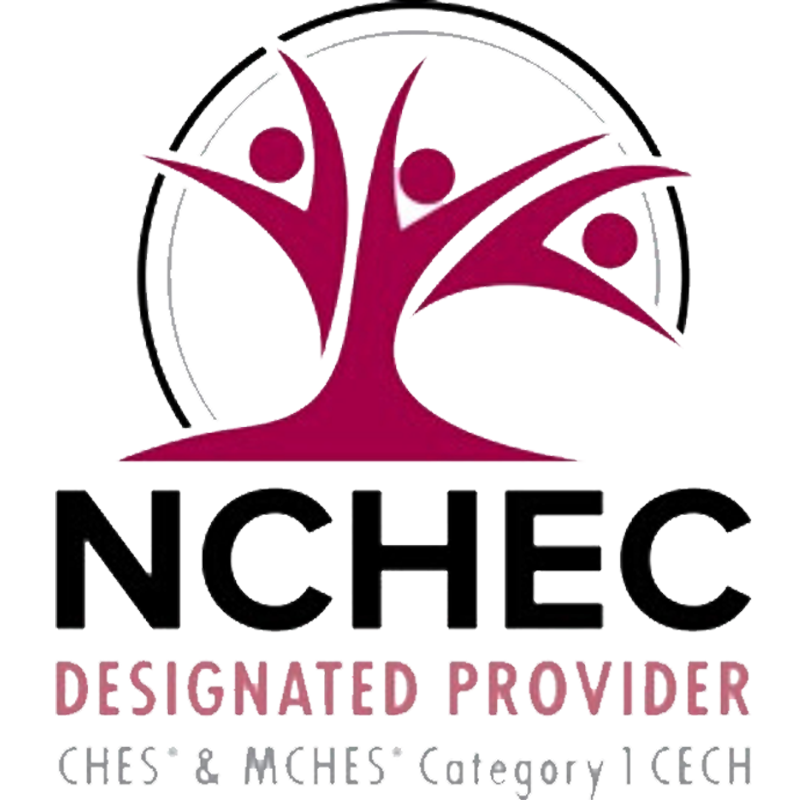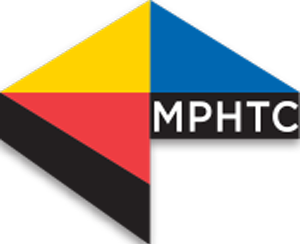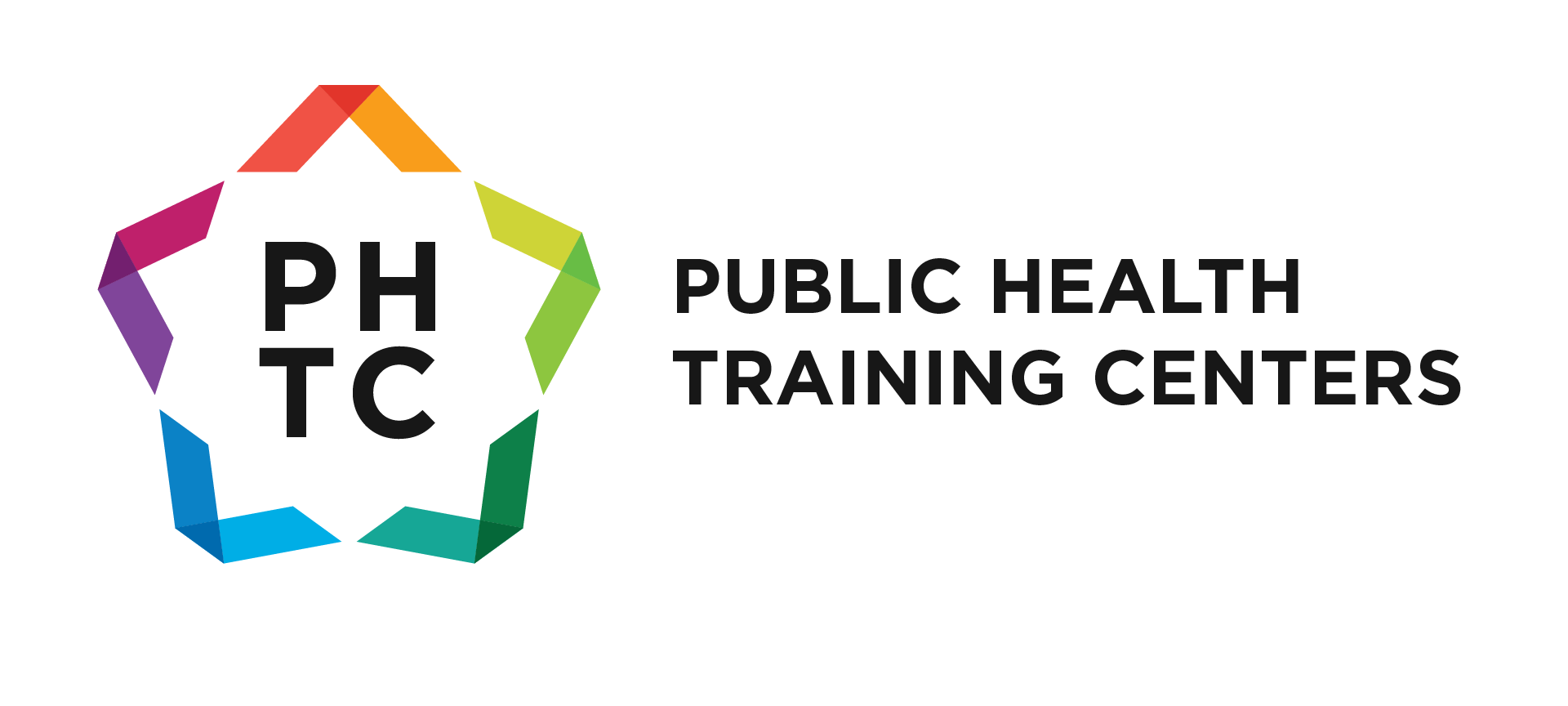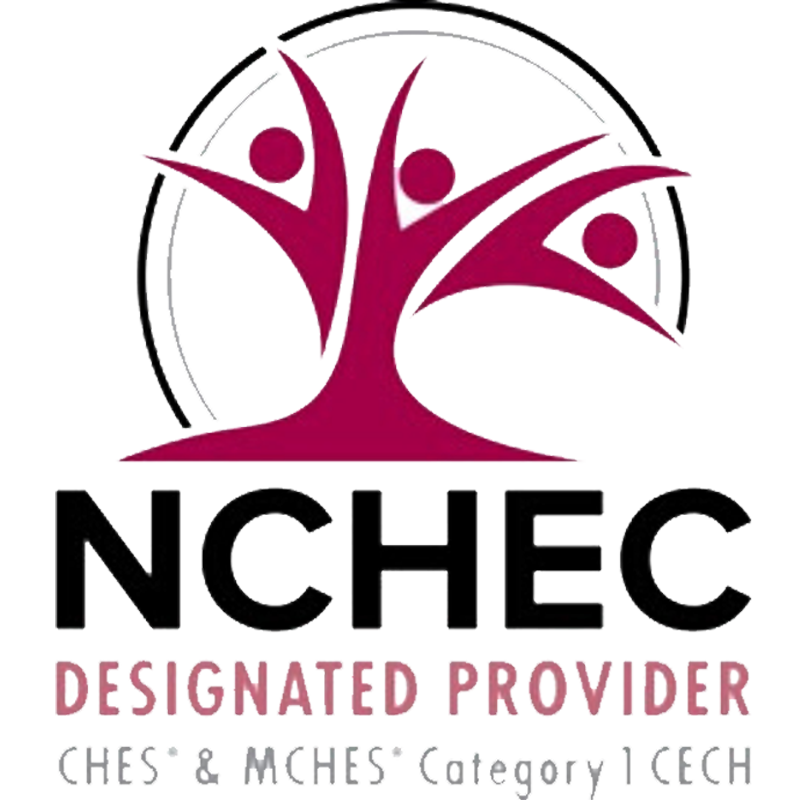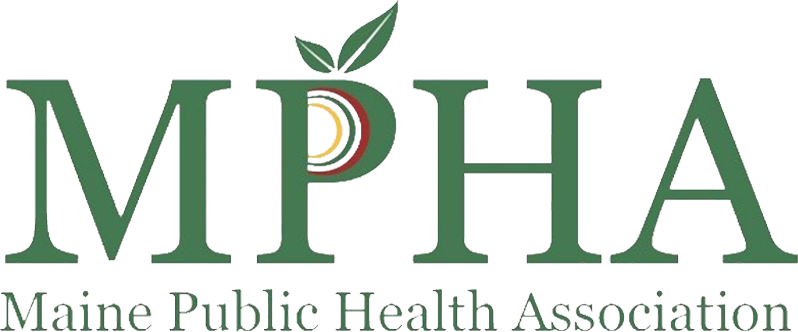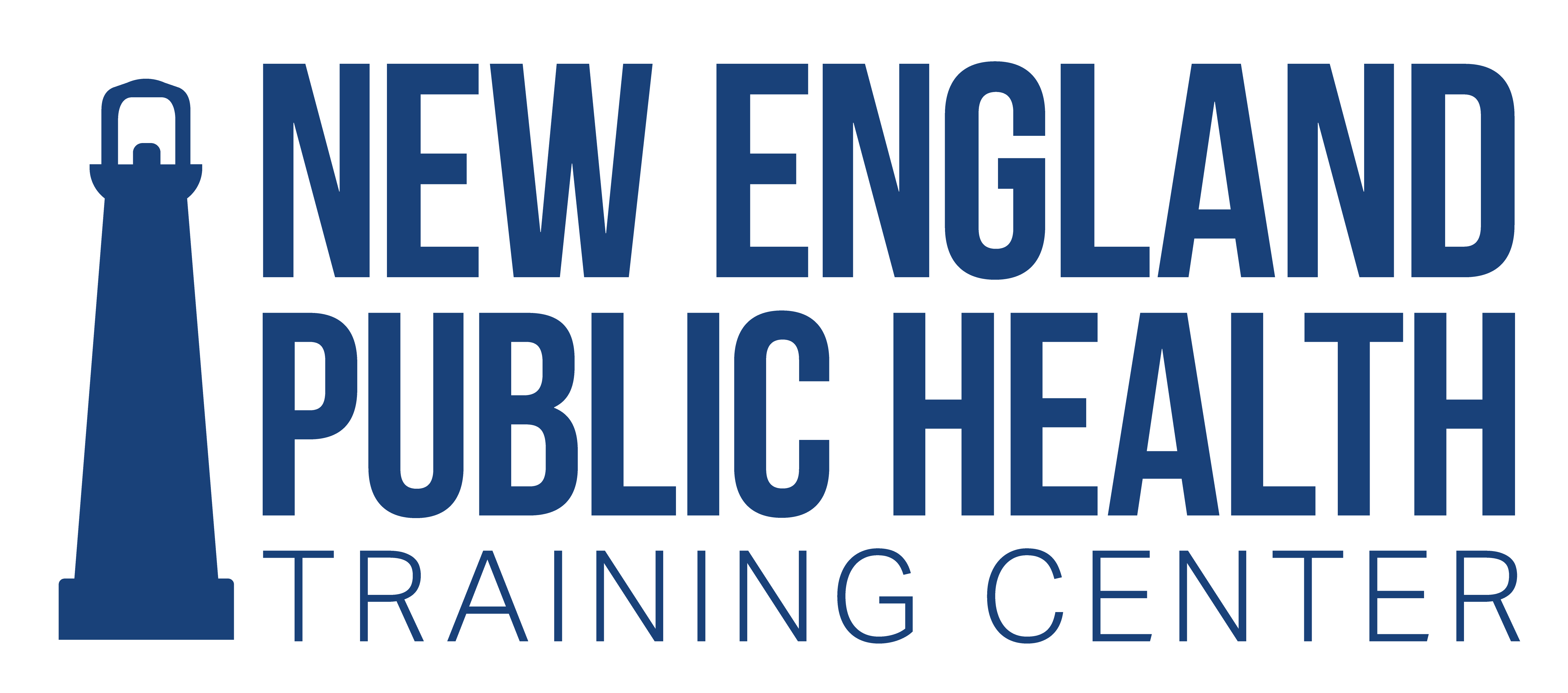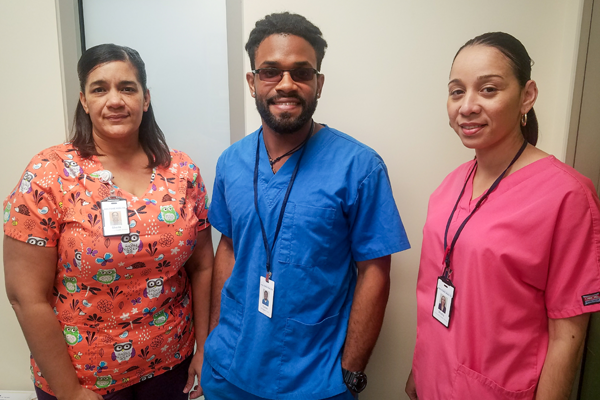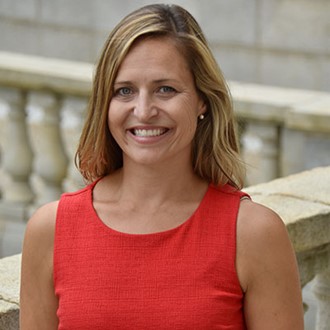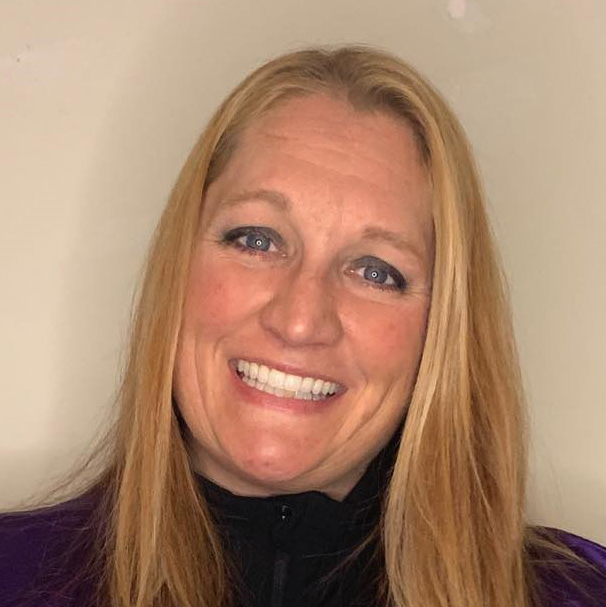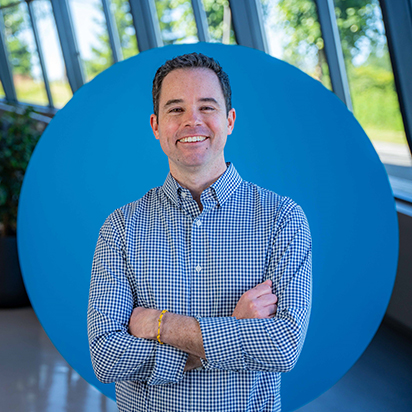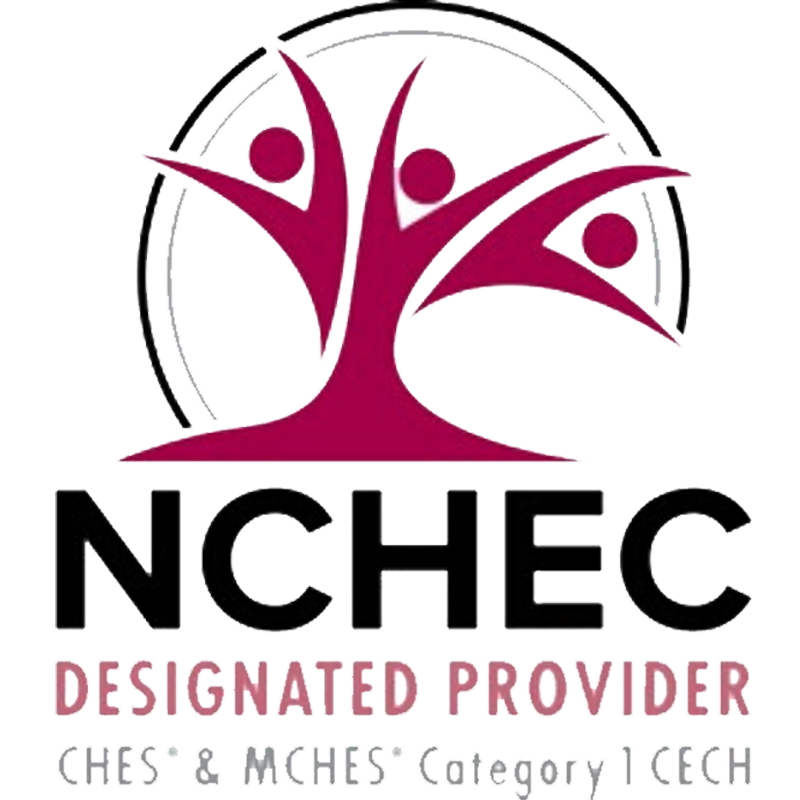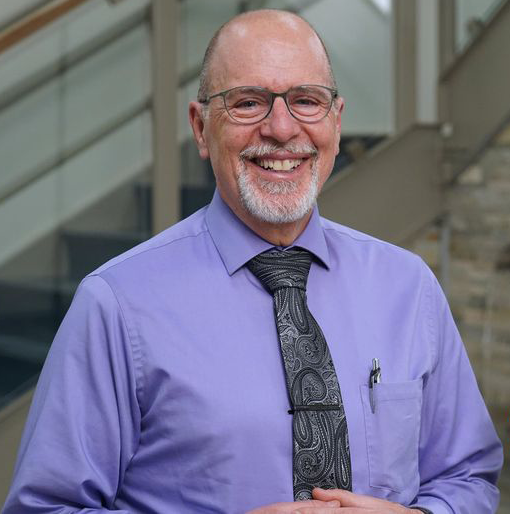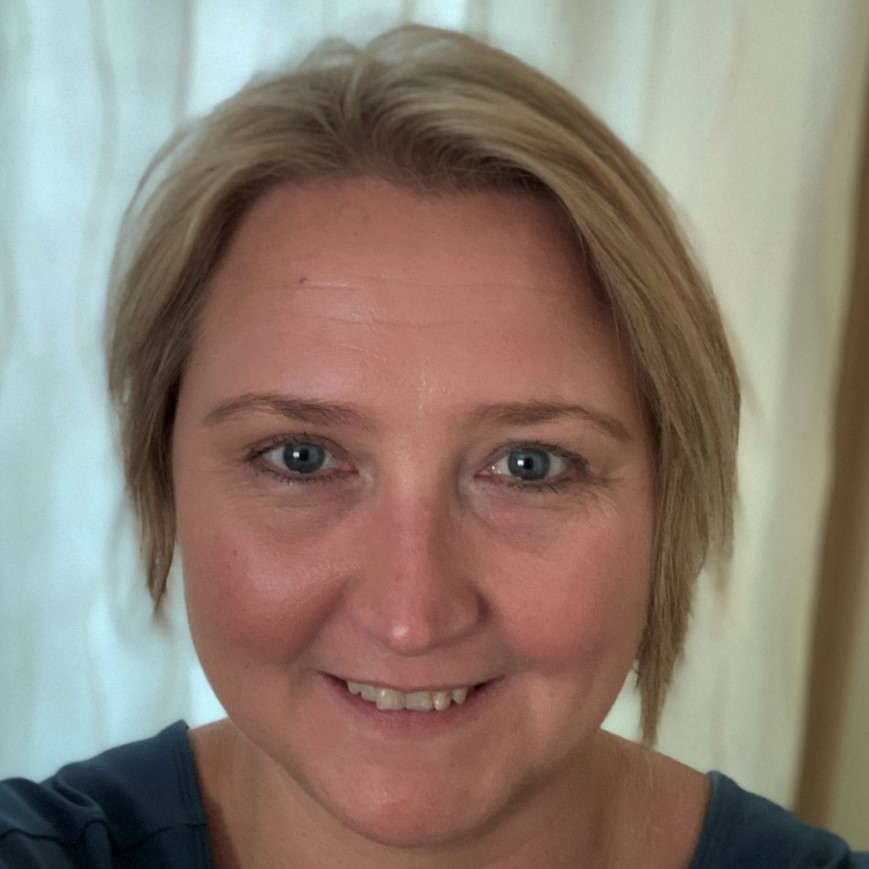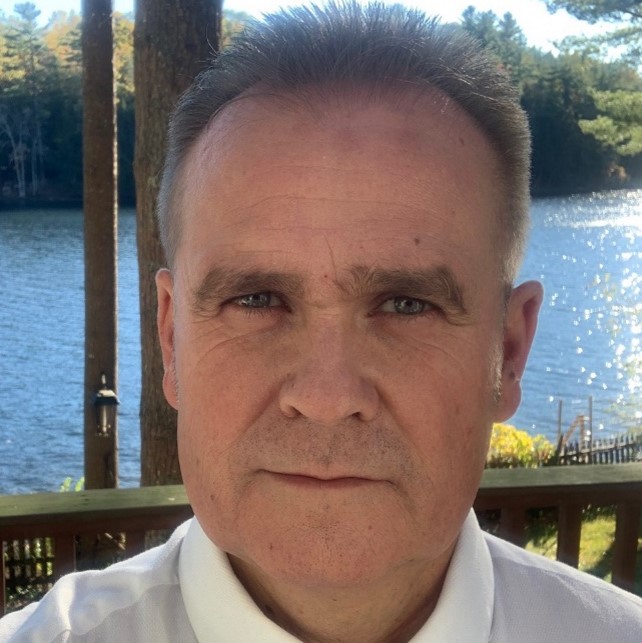
Grant Writing Basics
What are the best practices you should know to write a winning grant proposal and maintain long-term support?

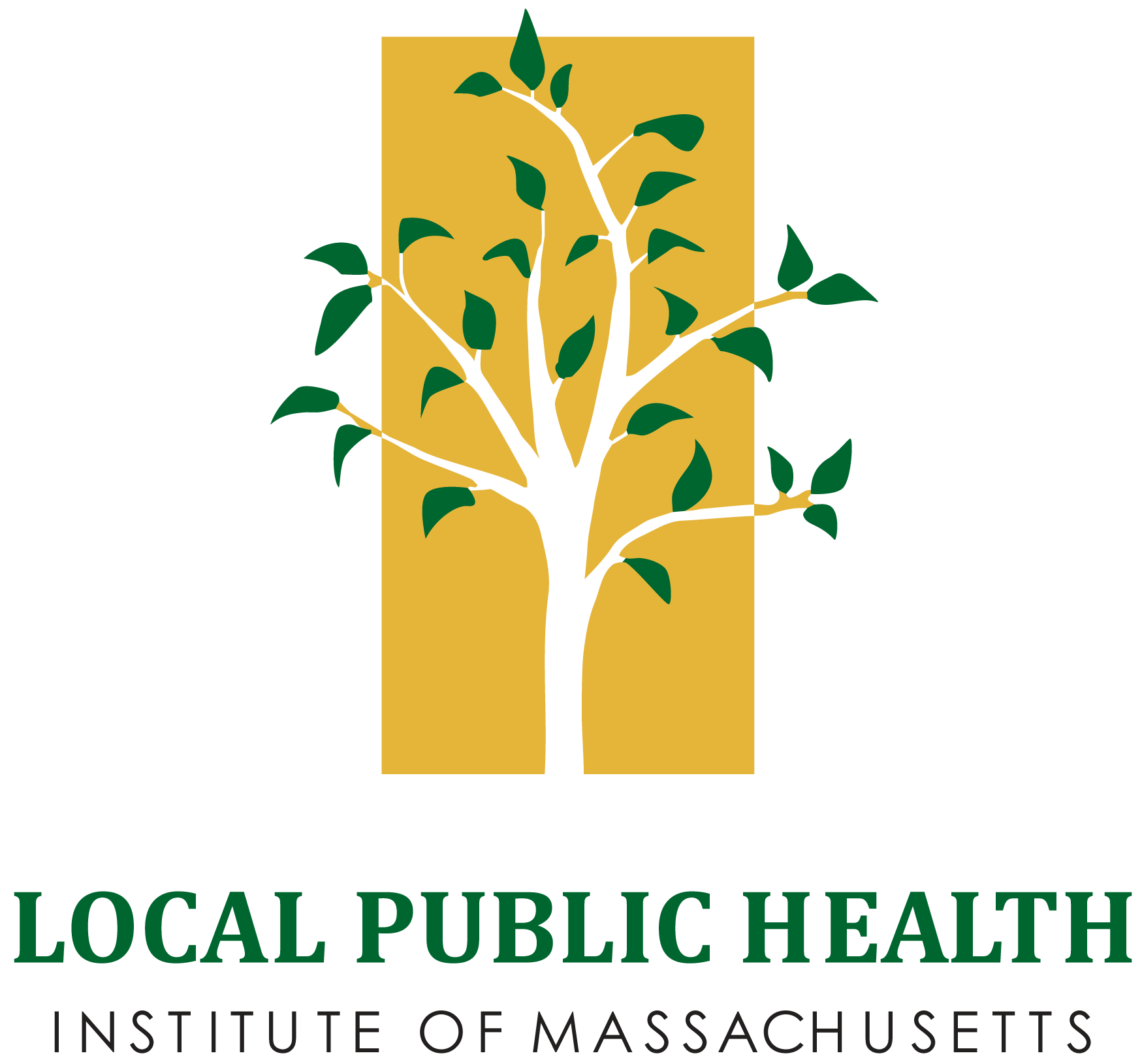
Enroll
Course Information
- Audience: Public health professionals
- Format: Self-Paced
- Price: Free
- Length: 1.5 hours
- Credential(s) eligible for contact hours: Sponsored by New England Public Health Training Center (NEPHTC), a designated provider of continuing education contact hours (CECH) in health education by the National Commission for Health Education Credentialing, Inc. This program is designated for Certified Health Education Specialists (CHES) and/or Master Certified Health Education Specialists (MCHES) to receive up to 1 total Category I continuing education contact hours. Maximum advanced-level continuing education contact hours are 1. Provider ID: 1131137 Event ID: SS1131137_GWB.
If you are not seeking a CHES/MCHES contact hours, if you complete the evaluation, you will receive a Certificate of Completion. The Certificate will include the length of the course.
- Competencies: Financial Planning and Management
- Learning Level: Awareness
- Companion Trainings: None
- Supplemental materials: Course Guide and Technical Requirements (PDF)
- Pre-requisites: None
- Technical Requirements: This training was created with Articulate Rise. Please refer to the Articulate 360 System Specifications to ensure your system meets the minimum requirements for viewing.
About this course
Learners will uncover the essential components of grant writing, including where to find the right funding, the implications of different application processes, and the structural components of a grant proposal. Learners will also have the opportunity to assist a program manager with writing a grant for a hypothetical scenario.
What you'll learn
After completing the training, you will be able to...
- Distinguish between different grant types
- List the three main sources of funding
- Identify where to look for grants
- Describe best practices when crafting the various sections of a compelling grant proposal
- Outline tips for winning and maintaining a grant proposal
Subject Matter Experts

Kathleen MacVarish, MSAssociate Professor of the Practice,
Boston University
School of Public Health
Enrollment and Contact Hours
Select the Enroll Me button below to register for this course. If you have any trouble accessing the recording, contact
support@nephtc.org.
Acknowledgement: This project is supported by the Health Resources and Services Administration (HRSA) of the U.S. Department of Health and Human Services (HHS) as part of award 2 UB6HP31685‐05‐00 “Public Health Training Centers.” The contents are those of the author(s) and do not necessarily represent the official views of, nor an endorsement, by HRSA, HHS or the U.S. Government.





